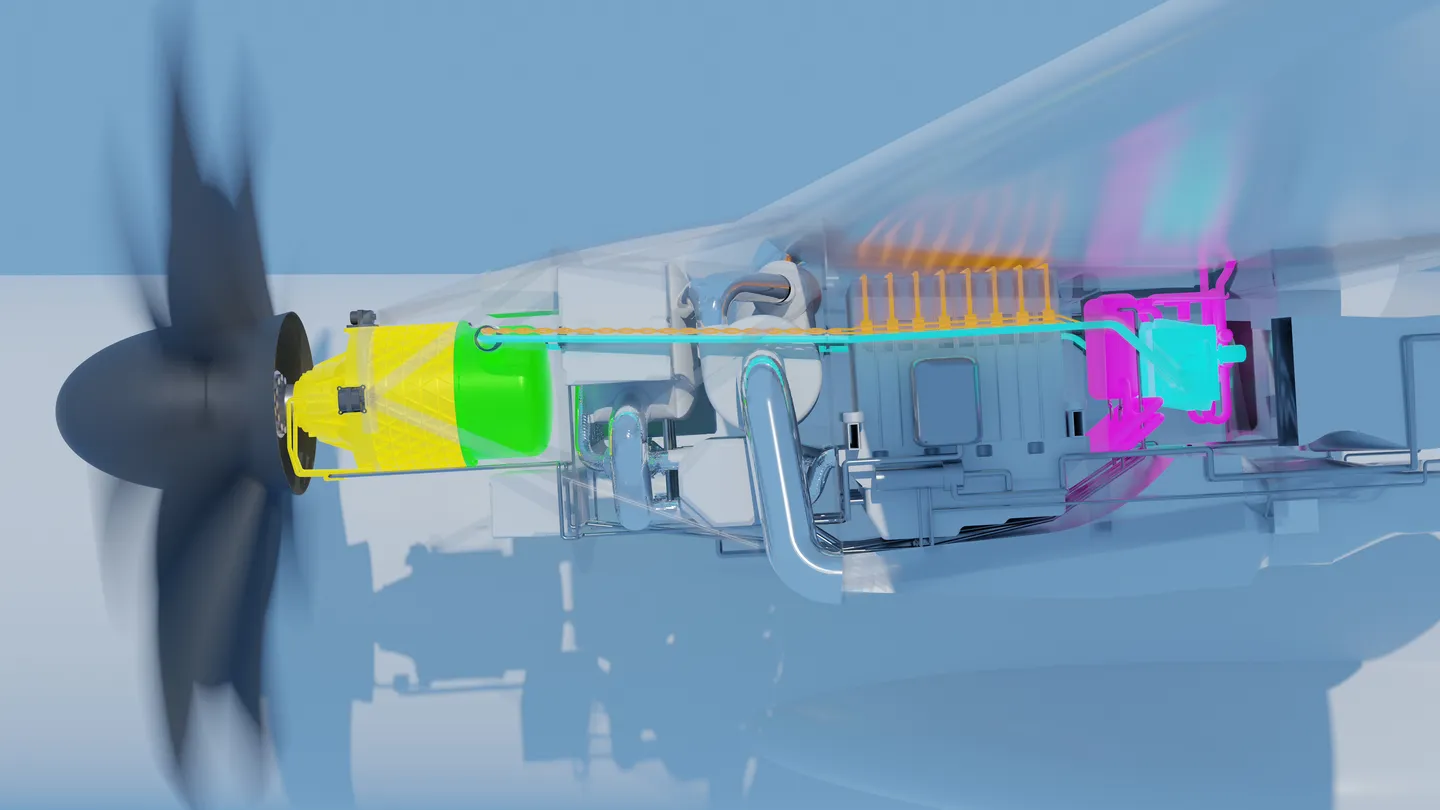Computer modeling and measurement of AC losses in superconducting motors for hydrogen-electric aircraft.
Commercial aviation is a growing source of greenhouse-effect gas emissions (CO2, NOx, and water steam at high altitude). Hydrogen-electric aircraft can provide zero CO2 emissions and, if on-board electricity is generated by fuel cells, they also do not generate NOx and emit low amounts of water steam. For this reason, AIRBUS aims to provide the first hydrogen-powered aircraft by 2035, being superconducting electric powertrains a serious option. Indeed, superconducting motors are very promising for future hydrogen-electric aircrafts thanks to their expected high specific power, which could reach the goal set by industry of 25 kW/kg. Our institute is working with AIRBUS in order to model the energy loss (AC loss) in a superconducting motor and measure this quantity in its superconducting components.
Partner: AIRBUS UpNext (France)
More information:
https://www.airbus.com/en/innovation/energy-transition/hydrogen/zeroe-our-hydrogen-powered-aircraft






